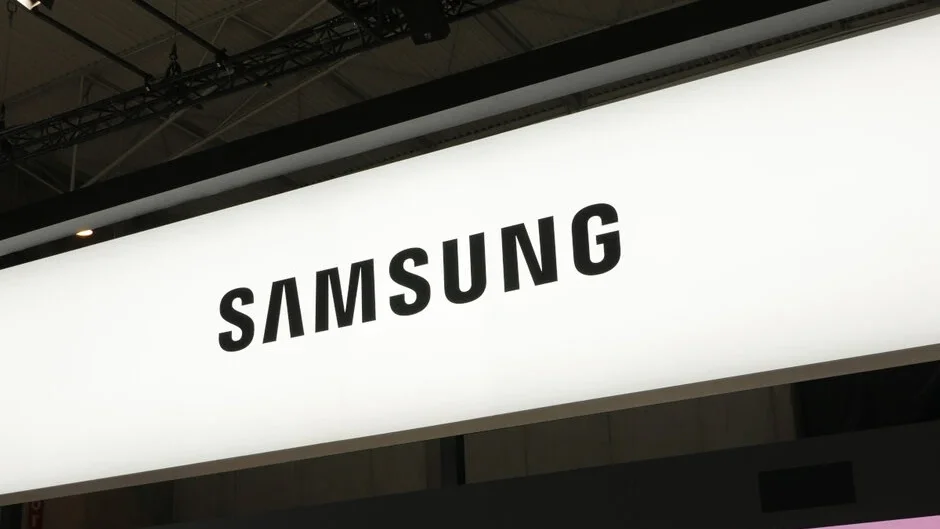A greater proportion of Samsung and non-Samsung phones could employ Exynos chips next year

Compared to the Samsung Galaxy S20 and Note 20, a greater proportion of Galaxy S21(S30) models will come with an in-house Exynos chip, if a new report is to go by.
Samsung received widespread criticism for the Exynos 990-powered Galaxy S20 models. The company usually equips North American and Chinese flagships with Qualcomm-made chips, and European and Asian models with its own SoCs.
Even though Samsung would never publicly admit this, the performance gap between the chips has been widening over the years. It has gotten so bad that the company doesn't use the proprietary silicon for its home market anymore. Per estimates, 80 percent of this year's models are powered by a Snapdragon chip.
This has apparently led to some internal changes. Samsung has abandoned work on its custom Mongoose CPU which was used for its chips. It will instead reportedly use ARM-designed cores for its next Exynos chip, and this would bring it on par, at least partially, with the Snapdragon 875.
Starting 2022, Samsung will reportedly replace Mali GPUs with AMD's Radeon GPUs, which should boost graphics significantly.
Analysts believe this move would help Samsung boost its mobile AP business. Its next flagship chip is seemingly called the Exynos 1000 and the report indicates it will be sold to other manufacturers as well.
Samsung reportedly ships around 150-200 million units of SoCs a year, and most of them are utilized for its own phones. With its renewed focus on performance, the company is apparently looking to grab some market share from Qualcomm, which is the current market leader.
The chipmaker has been hiking up prices recently, which has reportedly pushed some customers away. Its next premium chip could end up being even more expensive than the Snapdragon 865, and this could result in an increase in the price of Android smartphones.
Samsung supposedly wants to use this opportunity to position its chips as an affordable alternative for mobile vendors. It already sells chips to Xiaomi, Oppo, and Vivo.
But then again, a fresh report claims that Samsung is planning to weaken the Galaxy Note and S series phones deliberately in a bid to boost demand for its foldable phones. The source warns that the Galaxy S21 will not be 'powerful enough,' which implies it will not have a high-end chip under the hood.
As the company scales up production and reaches new breakthroughs, the manufacturing cost will come down. This would enable it to lower the retail price of its foldable phones and achieve its alleged goal of marketing them as the de facto flagship devices.
This sounds like a risky plan for 2021 if you consider current and projected flagship shipments. Thus, it's best to take this bit with a hefty dose of salt.
Samsung received widespread criticism for the Exynos 990-powered Galaxy S20 models. The company usually equips North American and Chinese flagships with Qualcomm-made chips, and European and Asian models with its own SoCs.
Starting 2022, Samsung will reportedly replace Mali GPUs with AMD's Radeon GPUs, which should boost graphics significantly.
Analysts believe this move would help Samsung boost its mobile AP business. Its next flagship chip is seemingly called the Exynos 1000 and the report indicates it will be sold to other manufacturers as well.
The chipmaker has been hiking up prices recently, which has reportedly pushed some customers away. Its next premium chip could end up being even more expensive than the Snapdragon 865, and this could result in an increase in the price of Android smartphones.
Samsung supposedly wants to use this opportunity to position its chips as an affordable alternative for mobile vendors. It already sells chips to Xiaomi, Oppo, and Vivo.
Does this mean all Galaxy S21 variants will be powered by an Exynos chip?
Increasing the use of Exynos chips would also allow the company to reduce the production cost of its smartphones. Whether that benefit would be passed on remains to be seen, as the company doesn't shy away from pocketing hefty margins, as is evident by a recent report.
What's clear though is that Samsung is feeling ruffled because of the increasing price of flagship Snapdragon processors. One report went as far as to say that it will skip the new Snapdragon chip and either recycle the Snapdragon 865 for the Galaxy S21 or equip all models with in-house chips. Since the Snapdragon 875 will likely maintain a considerable lead over the Exynos 1000, we don't see this happening.
But then again, a fresh report claims that Samsung is planning to weaken the Galaxy Note and S series phones deliberately in a bid to boost demand for its foldable phones. The source warns that the Galaxy S21 will not be 'powerful enough,' which implies it will not have a high-end chip under the hood.
As the company scales up production and reaches new breakthroughs, the manufacturing cost will come down. This would enable it to lower the retail price of its foldable phones and achieve its alleged goal of marketing them as the de facto flagship devices.
This sounds like a risky plan for 2021 if you consider current and projected flagship shipments. Thus, it's best to take this bit with a hefty dose of salt.
Follow us on Google News












Things that are NOT allowed:
To help keep our community safe and free from spam, we apply temporary limits to newly created accounts: